We successfully help our clients to achieve their development or conservation aims through a variety of different ecological services. Whether we are working with a developer, an architect or a homeowner, each service is tailored specifically to our clients’ needs and concerns. Here are just a few of the fantastic projects we are proud to have been a part of.

Case Studies
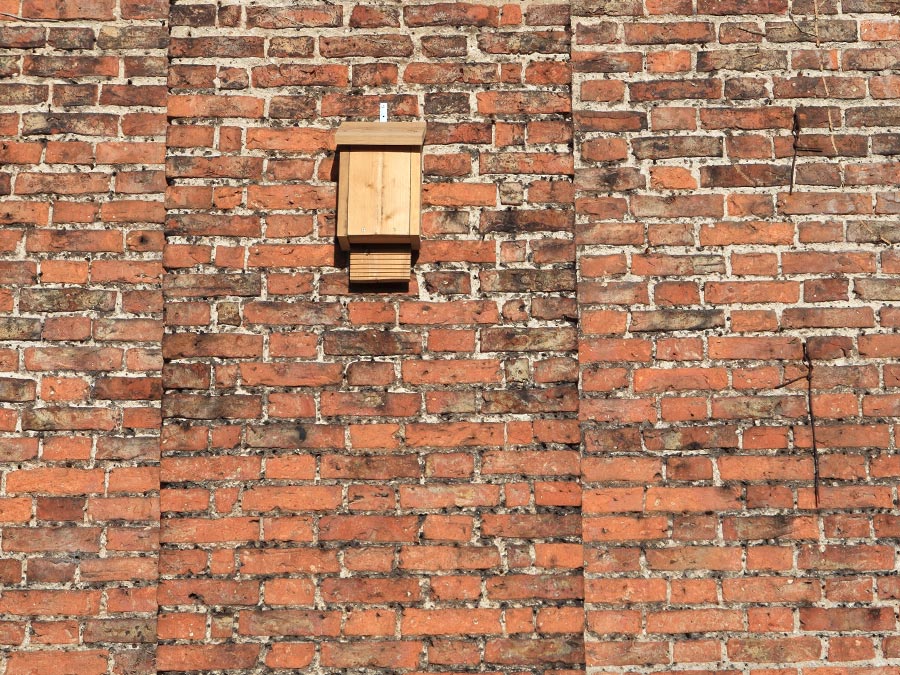
Bat Roost Mitigation Leads to Recolonisation
Bat Roost Mitigation Leads to Recolonisation
ECOSA undertook an ecological assessment of a property and associated outbuildings in Hampshire.
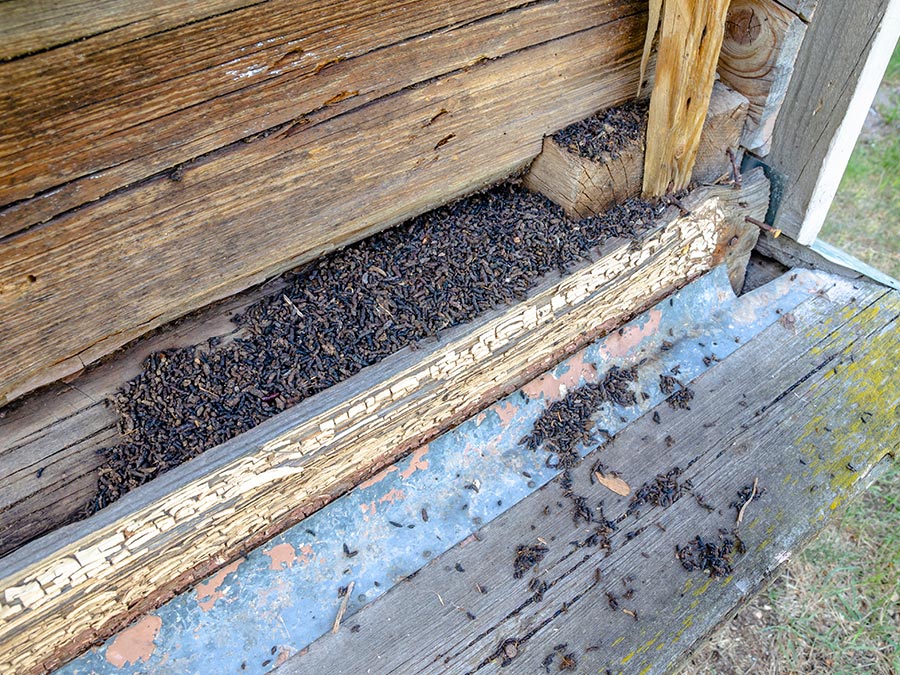
Soprano Pipistrelle Maternity Roost
in the New Forest
Soprano Pipistrelle Maternity Roost
in the New Forest
ECOSA did an ecological assessment of a New Forest property undergoing remediation.
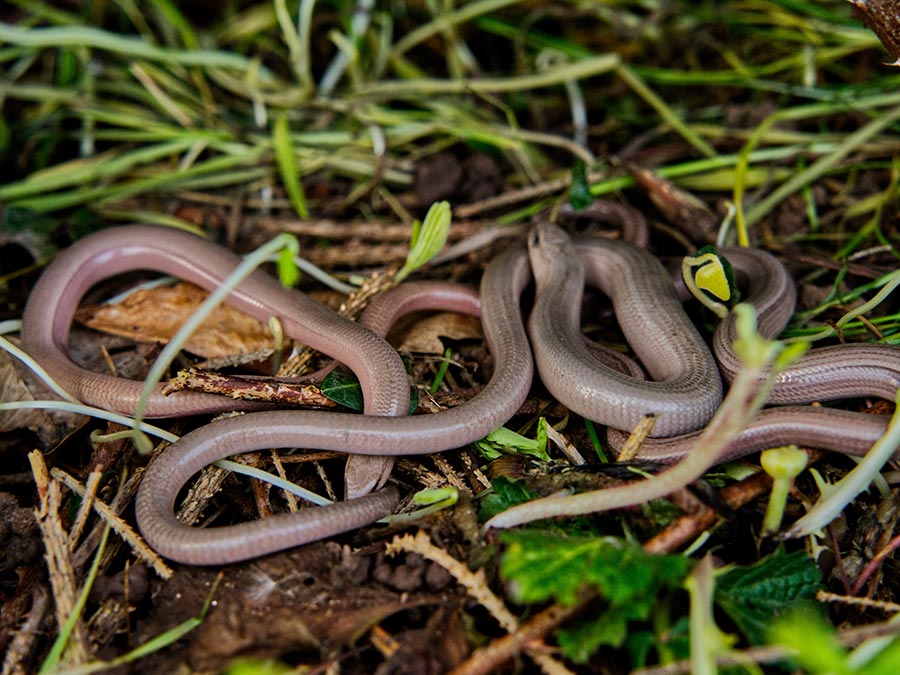
Monitoring Translocated Slow Worm –
Fed3 Projects
Monitoring Translocated Slow Worm –
Fed3 Projects
Fed3 Projects needed comprehensive ecological survey work at a former police station.
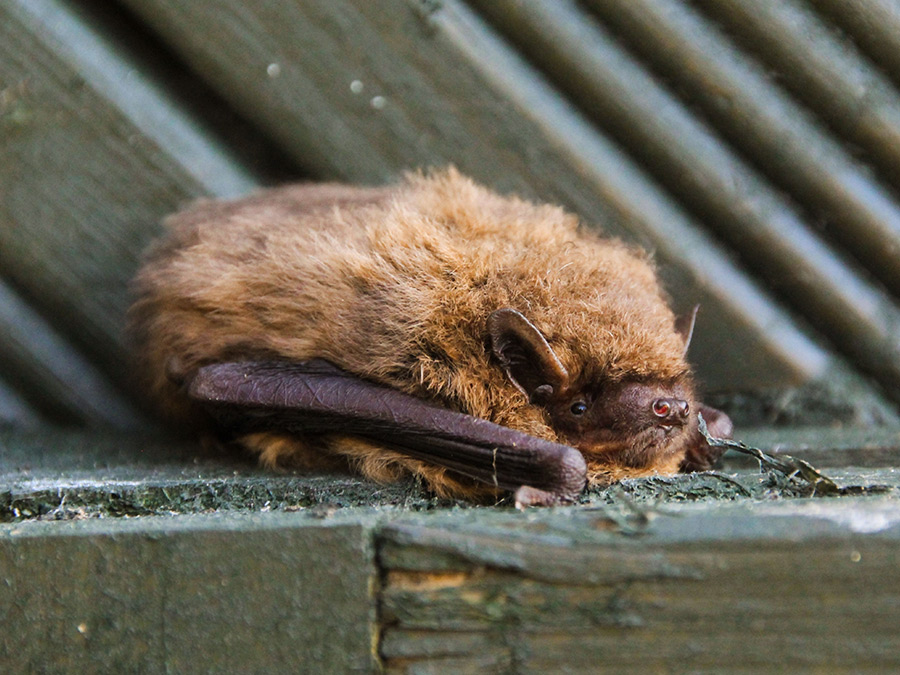
New Forest District Council Housing
Re-roofing Scheme
New Forest District Council Housing
Re-roofing Scheme
ECOSA provided ecological survey and assessment services to approximately 350 residential properties.
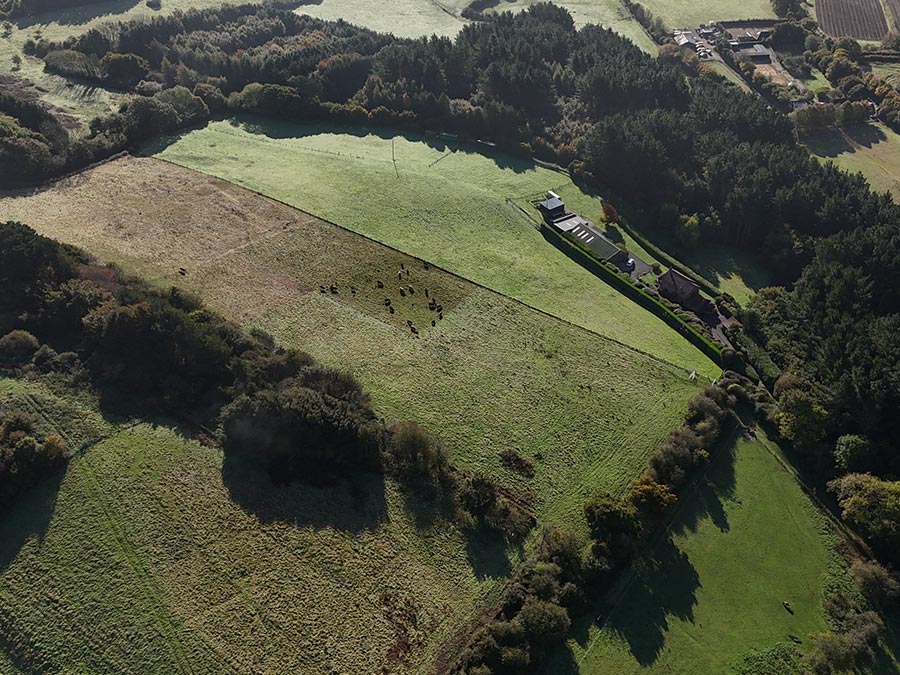
Ecological Assessment of Isle of Wight Sites of Importance for Nature Conservation (SINC)
Ecological Assessment of Isle of Wight Sites of Importance for Nature Conservation (SINC)
ECOSA was commissioned to undertake vegetation surveys and to identify sites that would benefit from conservation management.

